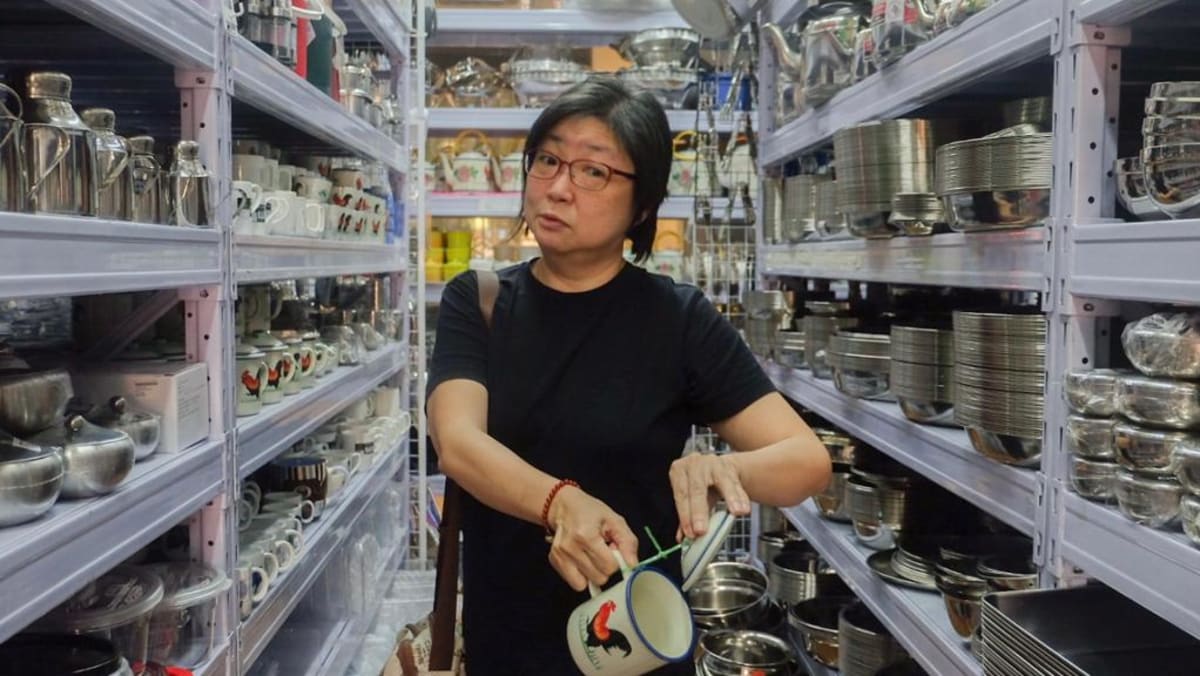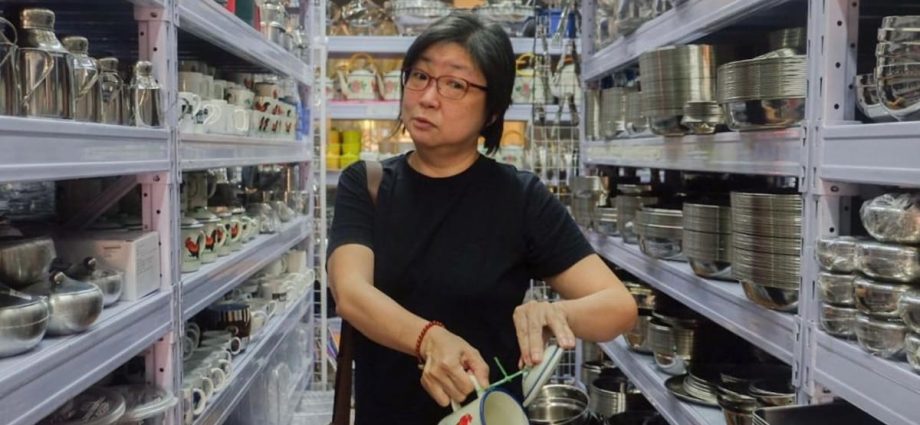
Aunty-dom, Lau said, is also about standing up for what is right – aunties are not afraid to speak up. She recounted an incident where she told two teenagers off for mocking a neurodivergent waiter, mimicking the latter and creating a ruckus to irritate him.
That an aunty was within earshot was bad news for them. “I said to them: ‘Can you all be a bit kinder? Do you not see that he’s trying? I’m so disappointed in your school.’ They were shocked.”
Delivery, it seems, is what sets aunties apart from “Karens” – a term for middle-aged women who act in an entitled manner. In Lau’s books, an aunty airs her indignance reasonably and respectfully.
“I think what may rile us up is if the service staff argues back and is very rude about it. I mean, if I was polite to you and you were rude about it, then okay … can I have your name?”
“IT’S HOW WE OPERATE”
To Lau, aunty-dom transcends age, gender and income group. Everyone has the capacity to be an aunty – even her sons, whom Lau said have been trained in the art of aunty-dom from a young age.
When they went on overseas school trips as kids, Lau would pack herbal tea sachets in their luggage to keep them healthy. Now, these burly men ask her for herbal teas to pack with them when they travel with their partners.
“It’s a good thing because I realise that learning to look after others is something people are not taught. I always tell my sons: Looking after others is an art,” she said.

